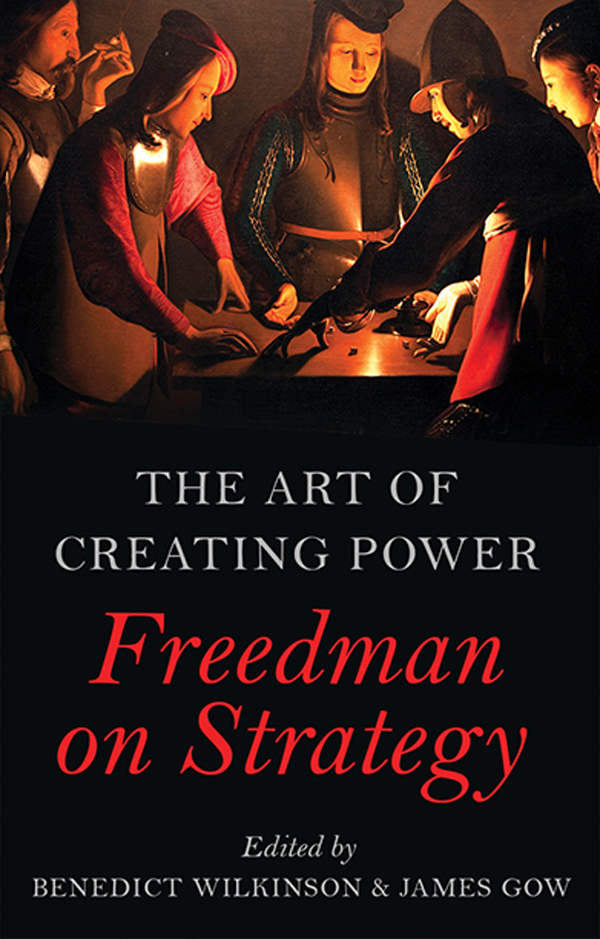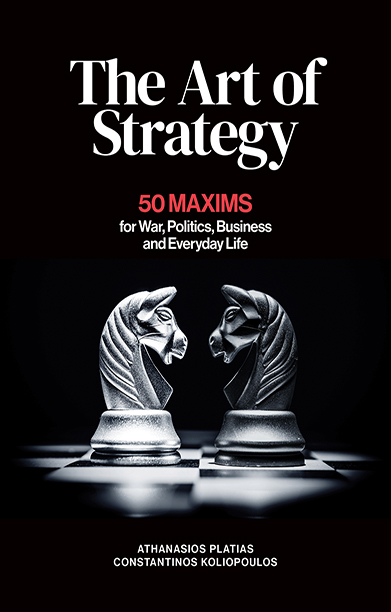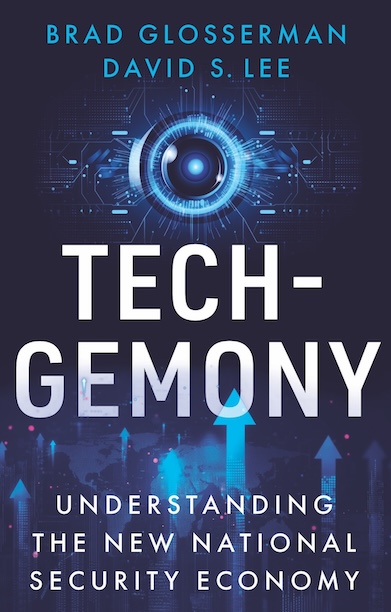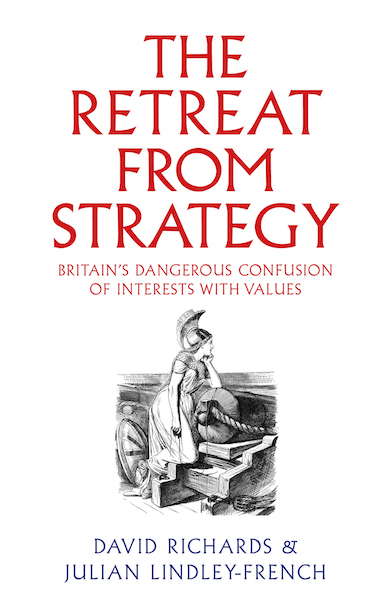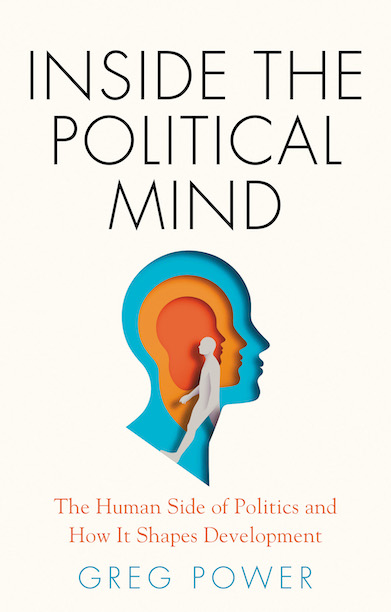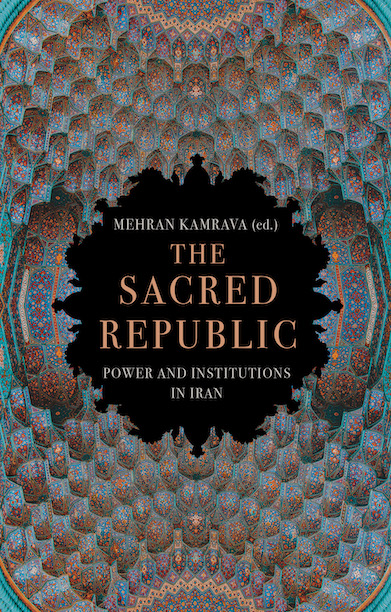The Art of Creating Power
Freedman on Strategy
Leading scholars of war reflect on the work of Lawrence Freedman, the hugely influential scholar and foreign policy adviser.
Description
The Art of Creating Power explores the intellectual thought and wider impact — on military affairs, politics and the universities — of Professor Sir Lawrence Freedman, one of the world’s leading authorities on strategy, conflict and international politics. In this volume, senior scholars of international relations and military history trace the long trajectory of Freedman’s career, examining his scholarly contribution to a whole host of areas from nuclear strategy to US foreign policy via terrorism, the Falklands and Iraq.
Individually, these essays provide fascinating and innovative insights into strategy, contemporary defence and foreign policy, and conflict. Taken together, however, they are greater than the sum of their parts as they both reflect and explore the theoretical approach adopted and taught by Freedman — one that has made him one of the great intellectual figures in the canon of international politics, strategy and war.
Throughout his professional life, Freedman explored many of the uncertainties that plague our highly unstable world. But as conflicts continue to erupt across the globe, it seems we may be entering an even more precarious and uncertain era. There could hardly be a better time than today to gain a deeper understanding of Freedman’s strategic insights.
Reviews
‘For more than four decades Lawrence Freedman has been a scholarly authority across a large range of security-related subjects, an advisor to those who govern, and a respected commentator, one of the great and the good in the best sense. His historical writings are canonical; his theoretical oeuvre has almost the status of holy writ; and this well-deserved tribute reflects how he has influenced the way we think about and “do” theory, strategy, intervention and deterrence.’ — Brendan Simms, Professor in the History of International Relations, University of Cambridge
‘Lawrence Freedman is a rare thing in academia and public life: a cross-generational thinker whose influence has traversed different historical epochs in the history of international affairs, from the Cold War through the ructions of the 9/11 era. It is the ability to combine piercing insight with an acute understanding of the pressures under which decision-makers operate that makes the Freedman credo so sought after, but so difficult to replicate.’ — John Bew, Professor in History and Foreign Policy, King’s College London, author of Realpolitik: A History
‘Lawrence Freedman understood strategy was not just a concept but a necessity of successful political and military activity. My generation of senior officers benefitted from his wisdom and advice. I recommend strongly this excellent book as a tribute to his many capabilities.’ — General Sir Rupert Smith, author of The Utility of Force: The Art of War in the Modern World
‘This book marks a coming together of thinkers whose paths have been lit by Lawrence Freedman’s sharp mind and kind heart. Traces of all the “Freedmans” are here: Freedman the nuclear and deterrence strategist; Freedman the author of liberal interventionist doctrine; Freedman the chronicler of Anglo-American wars; and above all, Freedman the citizen, a maker of institutions and people. Each essay is rightly tinged with affection. And each explores Freedman’s restless efforts to grasp the relation between ideas and power, his creative attraction/repulsion towards general theory, and his humorous puncturing of dogma.’ — Patrick Porter, Professor of Strategic Studies, University of Exeter, and author of The Global Village Myth: Distance, War, and the Limits of Power
‘In a remarkable intellectual journey lasting over four decades, Lawrence Freedman has given us landmark books and essays on many themes: strategic theory and IR, military and diplomatic history, defence policy and contemporary warfare, ethics and intervention. The impact of his ideas has been felt well beyond academia, encompassing policy engagement and public commentary. All this has been underpinned by a distinctive set of ideas on the sociology of knowledge and the responsibility of intellectuals. Gow and Wilkinson have assembled a fine array of scholars to engage with the many dimensions of Freedman’s scholarship. The result is a genuine intellectual tribute: an attempt both to identify the unifying themes in his vast oeuvre and to build on the most fecund of his ideas. This superb volume extends Freedman’s intellectual patrimony to future generations.’ — Srinath Raghavan, Centre for Policy Research, New Delhi, author of India’s War: The Making of Modern South Asia, 1939-1945
‘Lawrence Freedman is one of Britain’s foremost military historians and international relations scholars, as well as a gifted strategist in his own right. His work spans many decades and a broad swath of writing on war, strategy, ethics and the use of force. The essays in this volume, written by his colleagues and former students, make a fitting tribute to a brilliant career.’ — Robert Art, Professor of International Relations, Brandeis University
‘Appropriate for specialised strategic studies collections.’ — Choice
Editor(s)
James Gow is Professor of International Peace and Security at King's College London. He is the author of several books on the former Yugoslavia, among them The Serbian Project and its Adversaries: A Strategy of War Crimes (Hurst, 2003), Triumph of the Lack of Will: International Diplomacy and the Yugoslav Way (Hurst, 1997) and Legitimacy and the Military: The Yugoslav Crisis (1992). He was the first prosecution witness to be called at the UN International Criminal Tribunal for the former Yugoslavia.
Benedict Wilkinson is Senior Research Fellow at King’s College London’s Policy Institute, where he works on contemporary defence, security and foreign policy issues. He completed his PhD in War Studies at King’s under the supervision of Professor Sir Lawrence Freedman, during which time he was Head of Security and Counter-Terrorism at RUSI. This is his second book.
